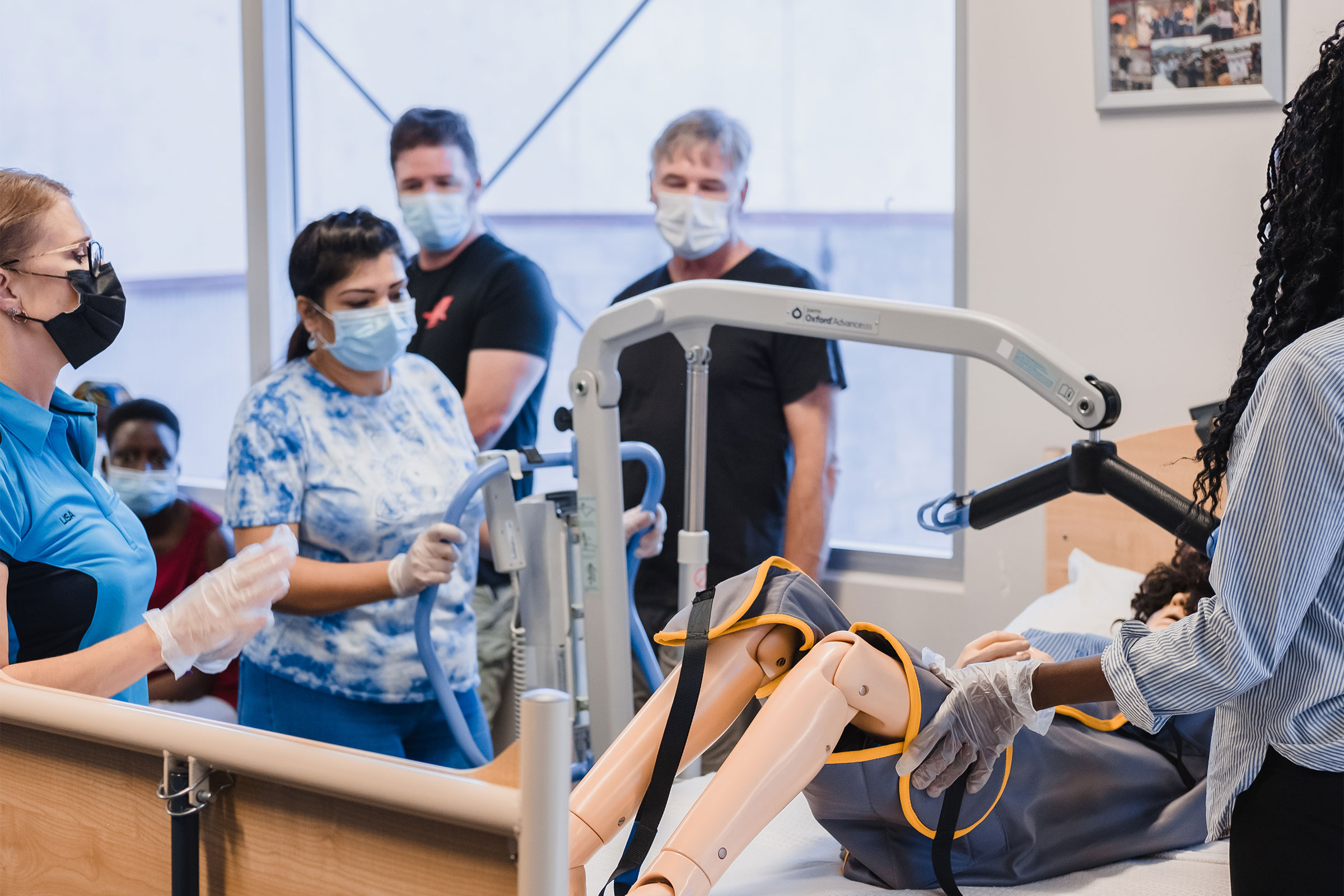Caring for an ostomy can be a tough yet rewarding experience, not just for the individuals yet additionally for caretakers and health care experts involved in their treatment. With the ideal expertise and abilities, one can make certain that people with stomas lead a comfortable and fulfilling life post-surgery. In this article, we will delve into Essential Skills for Looking after an Ostomy: A Stoma Care Training Overview
What is an Ostomy?
An ostomy is an operation that produces an opening (stoma) from an internal organ to the outside of the body. This procedure is commonly necessary when components of the digestion or urinary system systems are harmed or removed because of conditions like cancer, Crohn's condition, or extreme injury. Clients may have different sorts of ostomies, such as colostomy, ileostomy, or urostomy.
Understanding Stomas
A stoma can differ in size and shape depending on the sort of surgery performed. It's vital to understand what a stoma is to offer efficient care. The key objective is to manage the stoma's outcome while making sure that the skin surrounding it stays healthy.
The Importance of Stoma Care Training
Stoma treatment training outfits caregivers with necessary skills required for managing ostomies effectively. This training normally includes facets like health techniques, emotional support, and technical abilities concerning pouching systems.
Why Invest in Complex Bowel Care Training?
For those associated with intricate digestive tract monitoring-- especially under structures like NDIS (National Impairment Insurance Policy Scheme)-- purchasing ndis complex bowel care training becomes paramount. This specialized training guarantees caregivers comprehend private requirements comprehensively.
Overview of Stoma Care Training for Carers
Stoma care training supplies caregivers with in-depth instructions on how to manage numerous circumstances related to ostomy care. This includes changing pouches, identifying indicators of difficulties, and using emotional support.

Key Components of Stoma Care Training
- Hygiene Practices: Emphasis on preserving cleanliness. Pouch Management: Strategies for transforming and protecting pouches. Skin Care: Avoiding irritation around the stoma.
Benefits of Stoma Care Training
Enhanced Confidence: Educated caregivers really feel a lot more positive in managing ostomies. Improved Client Outcomes: Better treatment results in less complications. Emotional Assistance Skills: Learning how to offer mental support boosts general well-being.Complex Digestive tract Care Course
The term "complex bowel care" refers to detailed monitoring approaches that resolve complex bowel problems typically faced by people with ostomies or various other food poisonings. Registering in complex bowel care courses can considerably enhance a caretaker's skill set in this area.

What's Covered in Complex Bowel Care Courses?
- Understanding bowel physiology Assessing digestive tract function Nutritional assistance details to bowel health
Complex Bowel Care Training Explained
Complex bowel care training includes numerous subjects important for caregivers included with individuals who have complicated requirements relating to their food digestion and removal processes.
Key Learning Areas:
- Assessment techniques Complication recognition Effective communication methods with clinical professionals
Bowel Treatment Management Strategies
Effective bowel care management involves systematic techniques customized to each patient's one-of-a-kind problems and way of lives:
Routine Monitoring: Regularly checking stoma output. Diet Management: Understanding which foods influence stoma function. Hydration Strategies: Making sure ample fluid consumption is crucial.Caring for an Ostomy - Practical Tips
As we discuss looking after an ostomy, practical ideas end up being important:
Always wash hands before taking care of any equipment. Use skin barriers as required to shield versus irritants. Educate clients regarding their problem; knowledge empowers them.What Is Ostomy Care?
Ostomy treatment encompasses all practices involving the maintenance of a stoma and its surrounding areas-- consisting of cleansing, appliance changes, and skin protection measures.
Key Elements of Ostomy Care:
- Assessing stoma look regularly Managing nutritional constraints post-surgery Recognizing symptoms that require clinical attention
Frequently Asked Inquiries About Stomas
1. Exactly how commonly need to I transform my ostomy pouch?
Generally, it depends on your outcome however the majority of people change their pouch every 3-- 5 days or quicker if there are leaks.
2. Can I swim with an ostomy?
Yes! Swimming is usually risk-free; simply guarantee your bag adheres well prior to entering water.
3. Will my diet modification after obtaining an ostomy?
Yes, some foods might trigger obstructions or extreme gas; consult your healthcare provider regarding nutritional standards post-surgery.
Essential Abilities for Taking care of an Ostomy: Emotional Support Considerations
Providing psychological assistance is just as essential as physical care when it involves taking care of an ostomy:
Listening Actively: Understand issues without judgment. Encouragement: Enhancing favorable attitudes regarding living post-surgery assists enhance self-confidence.Final Ideas on Stoma Care Training
Investing time right into learning more about stomas with devoted training programs prepares you much better than ever before before!
In conclusion, understanding Essential Skills for Looking after an Ostomy: A Stoma Care Training Overview is crucial not just for expert caregivers yet likewise member of the family who play important functions in bowel care management providing day-to-day help after surgical treatment takes place.
By understanding what is entailed-- be it with comprehensive courses like NDIS complex bowel care training or hands-on practice-- individuals can browse this journey a lot more confidently while making sure ideal wellness outcomes remain within reach!
This structure combines insightful web content with practical guidance tailored especially toward caregiving strategies connected with ostomies while remaining involving throughout its delivery!